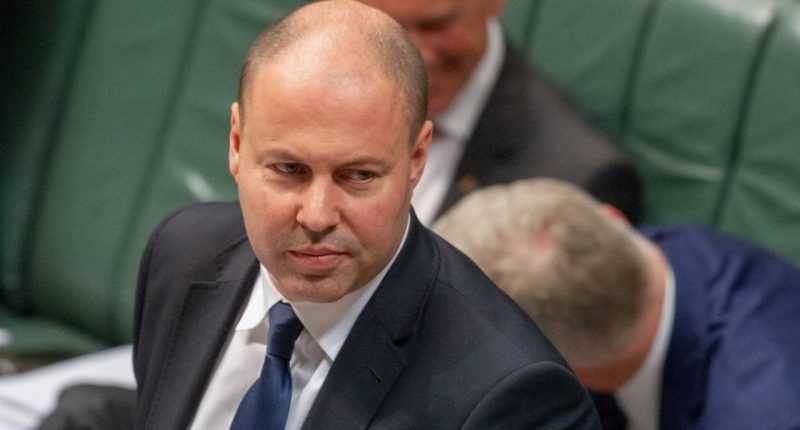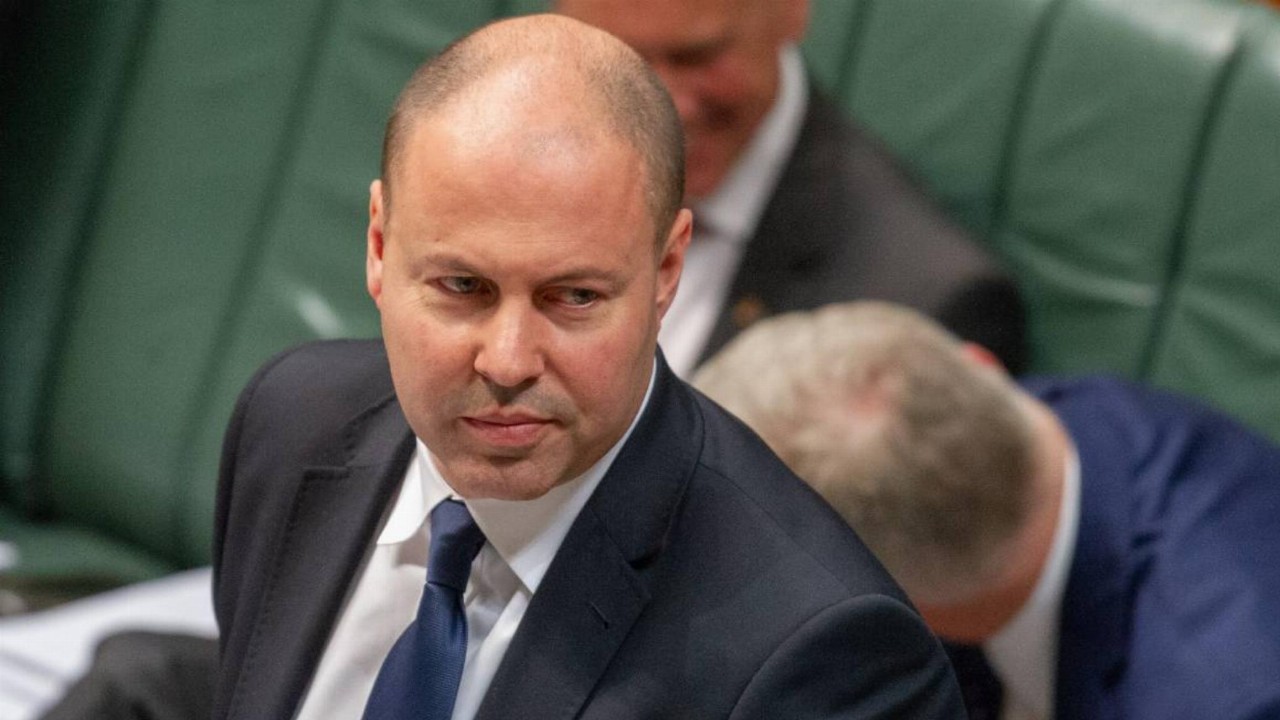- The Federal Treasurer has again flagged bringing forward planned income tax cuts, in a bid to help Australia’s economy recover from a COVID-19 related recession
- Australia GDP contracted a record 7 per cent over the June quarter, plunging the country into its worst recession since World War II
- In a bid to reboot the struggling economy, Josh Frydenberg said he is considering bringing forward already expedited income tax cuts
- The Treasurer previously floated the idea of bringing forward stage three of the Government’s income tax cuts in July
- However, critics argue the income tax cuts will only benefit high-income earners and not those struggling to get by
- The Morrison Government will release its budget and economic stimulus plan on October 6
The Federal Treasurer has again flagged bringing forward planned income tax cuts, in a bid to help Australia’s economy recover from a devastating COVID-19 related recession.
Australia officially plunged into recession yesterday, as the release of June quarterly results shows GDP had contracted a record 7 per cent, the steepest fall in over 61 years.
Josh Frydenberg has been speaking to press all morning about his plan to reboot the country’s economy, and help Australia recover from the downturn.
One of the ideas flagged by the Treasurer is bringing forward phase three of its planned income tax cuts, an idea he previously raised in July.
If the tax cuts were brought forward from 2024 to 2022, every Australian earning between $45,000 to $200,000 would be taxed the same amount – 30 cents for every dollar earned.
However, the Australian Council for Social Service (ACOSS) has criticised the move as it won’t benefit low-income workers.
Bringing forward high-end income tax cuts, while failing to #RaisetheRateforGood would be a dangerous mistake. #JobSeeker must be enough to #CoverTheBasics.
— ACOSS (@ACOSS) September 3, 2020
We also need investment in job creation, like social housing construction. #auspol
Media release: https://t.co/7aUOElaYsK pic.twitter.com/YFcHe6XDjx
“Millions of people are unemployed and facing years of hardship, they are the ones who are really struggling in this pandemic recession and they stand to get absolutely no benefit from income tax cuts,” ACOSS CEO Cassandra Goldie said.
“We know that people on higher incomes are saving money, likely due to ongoing uncertainty; while people on low incomes have no choice but to spend on the day-to-day essentials in order to get by,” she added.
Labor has taken a more centred approach and said it won’t rule out supporting the measures – but they want to see the full details first.
Meanwhile, the Treasurer has floated some other stimulus measures today, including bringing forward $100 billion worth of infrastructure investment.
The Morrison Government is implementing our economic plan to get Australians back to work including:
— Josh Frydenberg (@JoshFrydenberg) September 3, 2020
✅Investing in infrastructure
✅Creating 340,000 new skills training places
✅More flexibility in our IR system
✅Cutting red tape
✅Creating incentives for businesses to invest pic.twitter.com/upSRfGFfeK
The Morrison Government will hand down its Federal Budget on October 6, as well as provide an official update on its planned stimulus measures.







